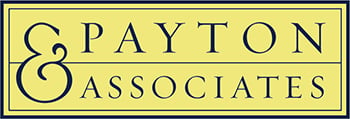As a business owner, you want to keep your operation moving and avoid unnecessary losses – and that means looking for ways to reduce the possibility of inconvenient and expensive litigation.
While litigation can erupt for all kinds of reasons, here are three of the more common:
-
Disputes over intellectual property rights and unfair competition
In today’s business environment, your intellectual property may be the most valuable asset your company owns. You may not have a secret formula locked away in a vault somewhere, but you do have everything from client lists and customer information to product design ideas and brand signifiers that deserve to be protected.
Naturally, you also need to protect yourself from threats from within the house. Nondisclosure and non-compete agreements will keep unscrupulous business partners, contractors and former employees from setting up shop in direct competition.
-
A failure to use complete, well-considered contracts with customers and outside parties
Contracts are the heart and soul of your business operations, and you can avoid a lot of litigation simply by making sure that your contracts are clear. This includes any “terms and conditions” that you use with your clients when you provide them with services.
Similarly, you also need clear contracts regarding agreements with everyone from your suppliers and vendors to your landlord. If it’s not in writing, you can’t trust an agreement to be upheld. Contracts establish expectations for both sides and – often – provide a clear framework for resolving disputes.
-
Problems related to unclear or undefined employment policies
Disputes with employees are among common sources of litigation. If you do not have clear anti-harassment and anti-discrimination policies in place, you are definitely leaving the door open for trouble. A properly written employee handbook can often head off many potential problems.
You also want to avoid problems that can arise through employee misclassification. Incorrectly classifying an employee as an independent contractor, for example, can open the door to litigation from both the employee and the IRS.
Sometimes, despite your best efforts, a business dispute is unavoidable. When that happens, it’s always best to get the most information you can about your legal options for a resolution.

